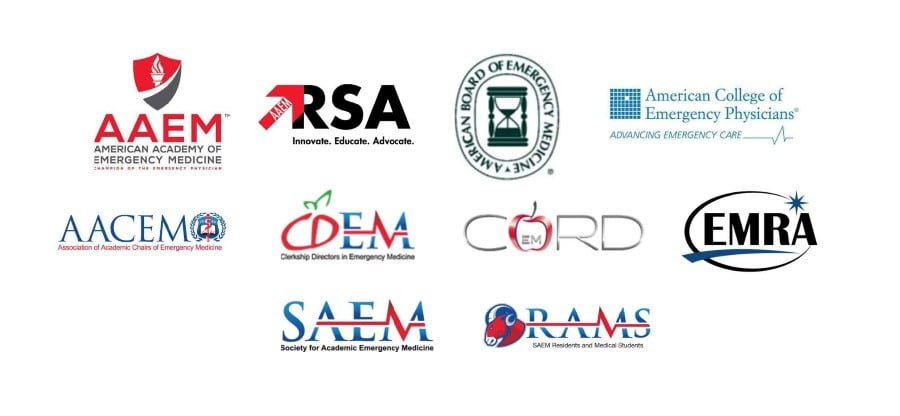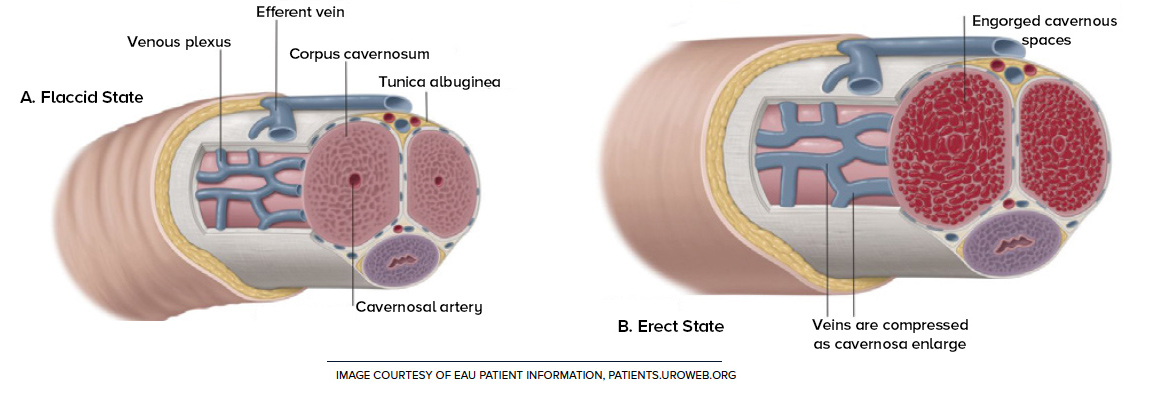
June 16, 2022
Dear Colleagues,
It has come to our attention that Doximity is, once again, working to create “reviews” of emergency medicine residency training programs with biased, opinion-based methodology. This flawed data approach does not benefit students applying to emergency medicine or emergency medicine residency programs.
The emergency medicine specialty organizations’ previous letters (dating back to 2014) have had no response nor resulted in the cessation of the Doximity crowd-sourced, review-culture survey. Doximity is again publicizing this survey, encouraging emergency medicine physicians to participate.
As the leadership in the specialty, we strongly oppose the Doximity survey and cannot recommend emergency physicians participate and students use or be influenced by flawed research methodology.
As noted in 2014 and again in 2020, the survey methodology Doximity uses does not and will not meet the objective of the survey, which is to identify America’s top emergency medicine training programs. We believe that this methodology
- Introduces egregious sample bias and is incapable of producing a scientifically valid result by only asking physicians enrolled in a social media website to nominate their most preferred residencies. Opinion polls such as this are not scientifically valid.
- Inaccurately conveys to medical students and the public that some programs provide better training than others.
- Sends a dangerous public health message to people with medical emergencies by implying they should consider bypassing hospital emergency departments with residency programs that fared poorly in the survey.
The overall quality of medical care delivered in emergency departments in the United States is excellent, thanks to the uniformly high standards that govern the accreditation of residency programs in emergency medicine. Emergency medicine residencies collaborate openly with shared curricular tools built around a core model of clinical practice, an approach that is unique in medical education. Ranking training programs above others is contrary to the principles of our specialty, although we recognize that certain programs are better suited for certain trainees.
There are many factors that contribute to a successful residency program, not all of which can be measured or compared through opinion-based methods.
The current COVID-19 pandemic has created more challenges for both residency leadership and students applying to residency. Promoting such subjective data does not benefit our specialty, students applying to our specialty, residency training programs in emergency medicine, or the patients and communities we serve.
Our offer to work with Doximity’s team to create an improved survey with a more valid methodology still stands.
Our specialty organizations, representing more than 40,000 physicians, strongly oppose encouraging the use of the Doximity survey data by medical students applying to emergency medicine residency programs.
Sincerely,
Jonathan S. Jones, MD FAAEM
President, American Academy of Emergency Medicine
Leah B. Colucci, MD, MS
President, American Academy of Emergency Medicine Resident and Student Association
Marianne Gausche-Hill, MD
President, American Board of Emergency Medicine
Gillian Schmitz, MD, FACEP
President, American College of Emergency Physicians
Richard J. Hamilton, MD, MBA
President, Association of Academic Chairs of Emergency Medicine
Nicole Dubosh, MD
President, Clerkship Directors in Emergency Medicine
Moshe Weizberg, MD
President, Council of Residency Directors in Emergency Medicine
Angela G. Cai, MD, MBA
President, Emergency Medicine Residents’ Association
Angela M. Mills, MD
President, Society for Academic Emergency Medicine
Hamza Ijaz, MD
President, Society for Academic Emergency Medicine Resident and Medical Students
Related Content

Aug 25, 2017
Your Home
The Emergency Medicine Residents' Association EMRA is the voice of emergency medicine physicians-in-training and the future of our specialty and the largest and oldest independent resident organization in the world. EMRA was founded in 1974 and today has a membership over 18,000 residents, medical students, and alumni.






